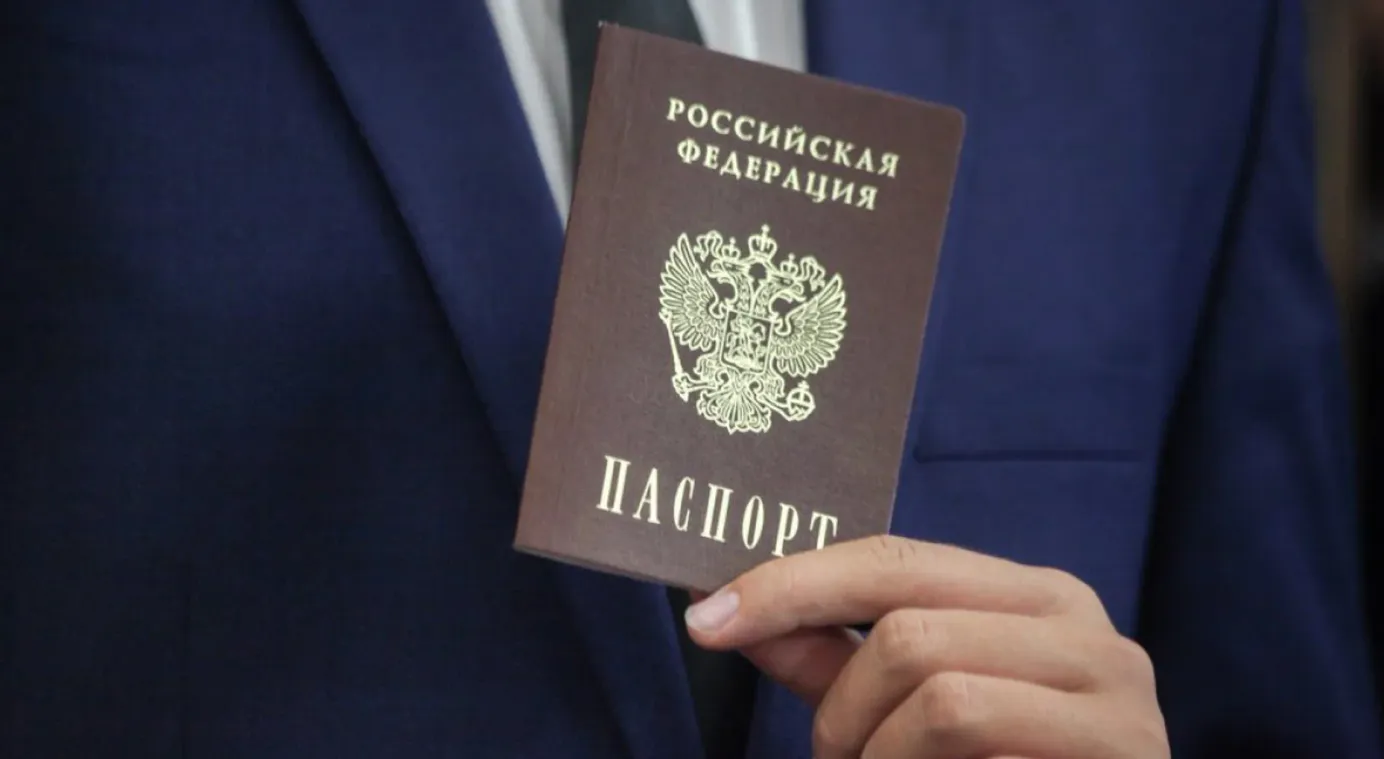
How the Kremlin’s internet propaganda HQ operates
The low-profile non-profit organization Dialog started life as a way for the Russian authorities to stay in contact and gather feedback from different parts of society. Since then, it’s evolved into one of the Russian internet’s most prolific pro-Kremlin propaganda mouthpieces. Journalists from The Bell, Meduza and IStories investigated how Dialog works, and how it is now responsible for spreading fake news about the war in Ukraine.
Dialog is headed by journalist Vladimir Tabak, who as a student got to know Vladislav Surkov, the former deputy head of the presidential administration. In 2010, Tabak “sold” the idea of producing an erotic calendar featuring students from the prestigious Moscow State University journalism faculty to celebrate Vladimir Putin’s 58th birthday. Titled “Happy Birthday, Mr. Putin,” the risqué calendar provoked a storm both at home and abroad, and was widely discussed by national media outlets. A few years later, Tabak was “inherited” by Sergei Kiriyenko, when he replaced Surkov in the presidential administration.
Regional propaganda arms
It was under Kiriyenko that Tabak’s career flourished. In 2019, he was appointed deputy to Dialog head Alexei Goreslavsky, who previously held a senior position in the presidential administration overseeing the Russian internet space, or “Runet.” When two years later Goreslavsky moved to the Internet Development Institute, which also finances Russian military propaganda, Tabak took up the top job.
Dialog was initially designed by Moscow city officials to establish a “two-way connection with citizens” online. Under Putin’s instructions, it wasn’t long before Dialog rolled out similar initiatives to the regions, called CRMs – Centers of Regional Management. Its initial modus operandi was simple — the organization’s staff would monitor social media for signs of anger and flag relevant posts or pockets of frustration, for instance, about unpainted fences or poor quality roads. Specific cases were taken to local authorities who would get to work on fixing the identified problems. A deputy governor, who spoke on condition of anonymity, praised Dialog's work and said that overall it was effective. Although not every case had a happy ending. On the eve of Russia’s all-important Victory Day celebrations, the service said it would renovate a veteran’s house, but could only promise to complete the work by 2037.
Dialog also managed the official social media pages of Russian governors, regional ministers, state schools, kindergartens and a host of other public channels. In a manual issued on how to run social media accounts for schools, Dialog’s staff were reminded not to forget about the “federal agenda”, to publish news of presidential decisions and details of Russian sporting or scientific successes. In practice, control over a plethora of state resources gave Dialog a ready base to spread propaganda. “We need, for example, to promote the image of a hero fighting in the special military operation (the official Russian terminology for the war in Ukraine – The Bell),” explained one former Dialog employee. “The order comes down: find your heroes and tell their stories.”
Fake military news
Within a few months of the invasion of Ukraine, Dialog staff began creating fake news about Ukraine and Ukrainians. According to its own reports, Dialog was responsible for false claims that Ukraine was starting to mobilize women, and that Ukrainian soldiers were given pills to make them more aggressive.
At least 60 Dialog staff worked on developing and spreading these fakes, said one employee. Dialog’s propaganda was pumped out via popular pro-Kremlin channels on Telegram, but staff additionally posed as eye-witnesses, offering “news” to leading independent channels.
Dialog also provides support to Russia’s defense ministry. For instance, it runs the popular pro-Russian Telegram channel “War on Fakes”, which has more than 600,000 followers (although that could be inflated with bots). As the name suggests, the channel uses the appearance of a fact-checking service to push its own false narratives and advance the Kremlin’s agenda.
The defense ministry is “the leading beneficiary of this channel”, one source who worked at Dialog said. For example, one recent post described a missile strike on a pizza restaurant in Kramatorsk that killed 12 civilians, including children, as a strike on a base for “foreign mercenaries.” And a missile attack on a residential building in Dnipro last winter that killed 46 civilians, was identified by “War on Fakes” as a gas explosion caused by misfiring Ukrainian air defenses.
Why the world should care
Dialog’s work is another example of how wartime Russia is actively pumping its propaganda across the internet. In several cases, it is happy presenting blatant lies as legitimate news. Since the start of its invasion, the Russian state has even more firmly established its presence on the internet, using the same tactics and narratives that have long been seen on the screens of domestic TV channels.




